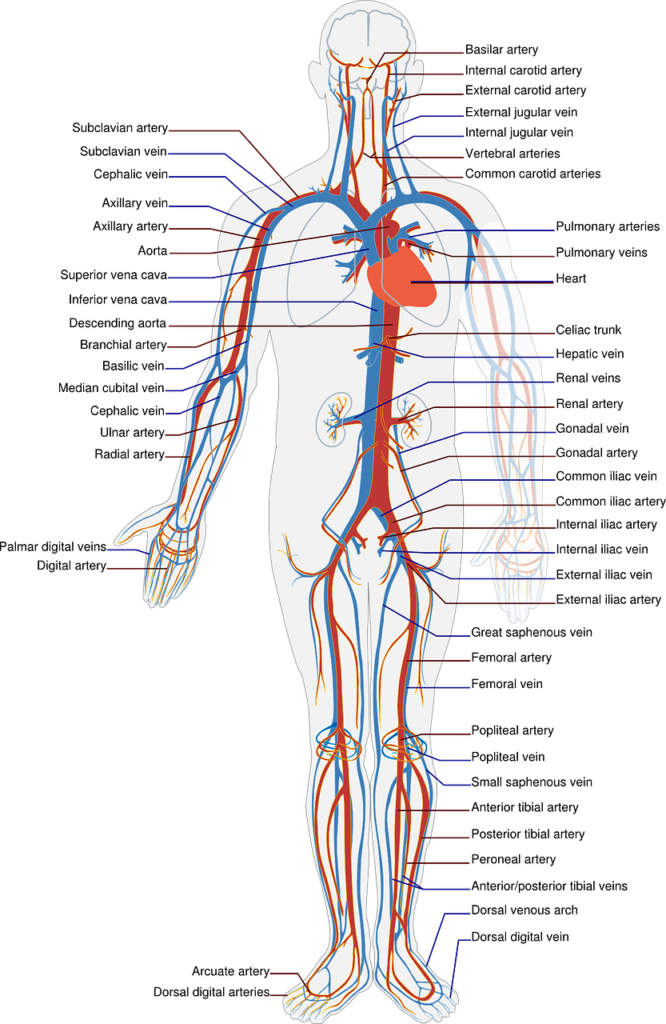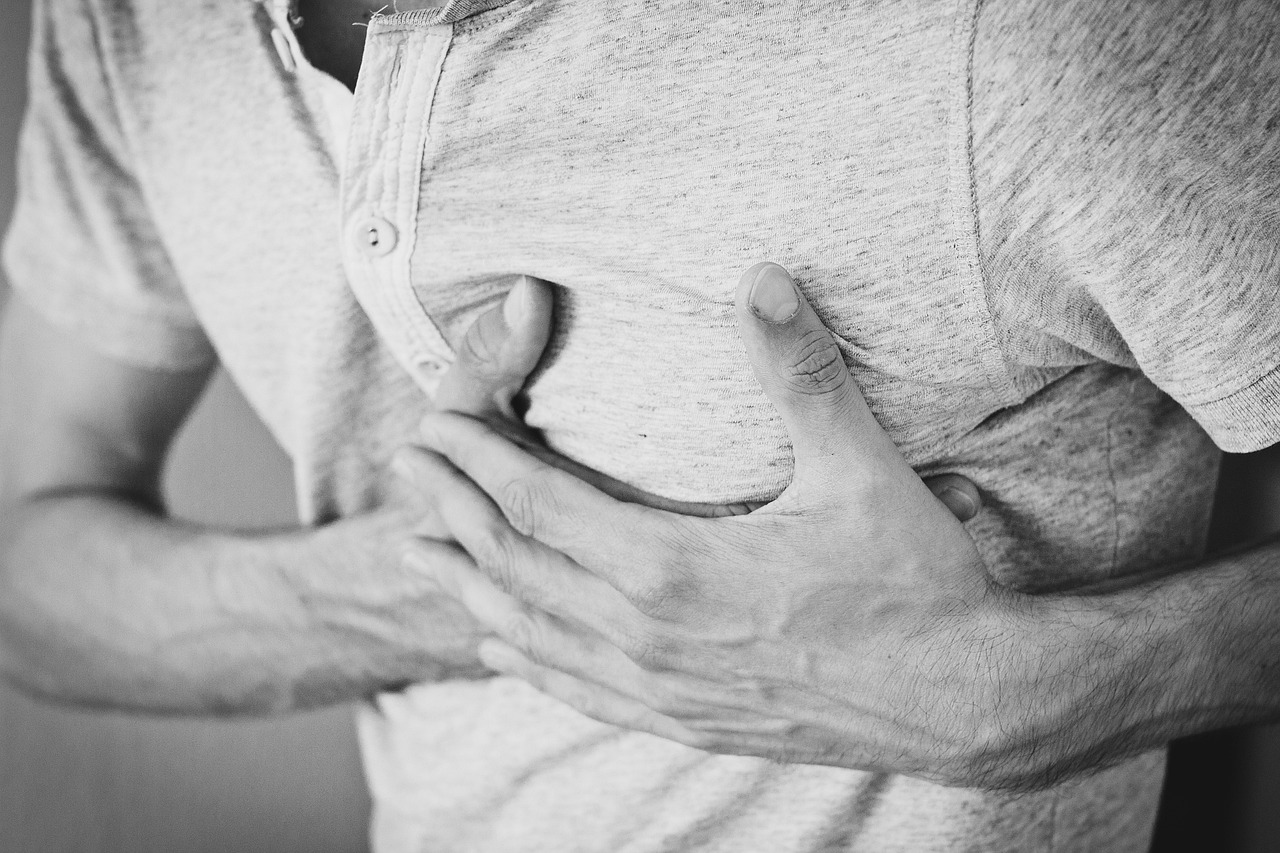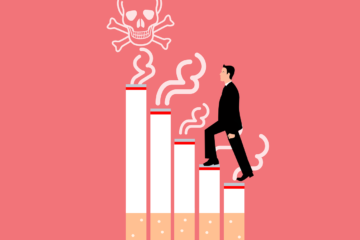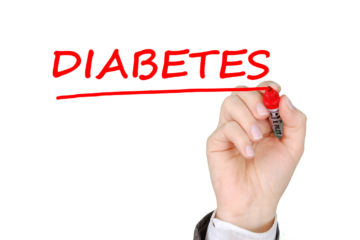What is Cardiovascular System and Its Function?
The cardiovascular system is the body’s network of blood vessels and the heart, responsible for circulating blood and delivering nutrients, oxygen, and hormones to the body’s tissues. It also helps regulate the body’s temperature, maintain fluid balance, and remove waste products.

Anatomy of the Cardiovascular System
The heart is a vital organ that pumps blood throughout the body. It has four chambers – two atria and two ventricles – that work together to ensure the proper circulation of blood. The heart’s rhythmic beating is associated with emotions such as love, joy, and excitement.
The function of the Cardiovascular System
The cardiovascular system serves several crucial functions in the body. It provides oxygen and nutrients to our cells, removes waste products, and regulates our body’s temperature. Without this essential system, we would not be able to experience emotions such as happiness, love, or joy.
Blood Vessels
Blood vessels are the highways of the cardiovascular system, transporting blood and nutrients throughout the body. The health of our blood vessels is essential for our physical and emotional well-being, as damaged or narrowed vessels can lead to conditions such as heart disease and stroke.
Blood Components
Blood is responsible for carrying vital nutrients and oxygen throughout the body. The composition of blood is complex, containing a variety of cells and molecules that help transport nutrients and fight infections. The sight of blood can evoke strong emotions such as fear, anxiety, or disgust.
Blood Pressure
High blood pressure can be a significant cause of stress and anxiety, as it is closely associated with an increased risk of heart disease and stroke. Learning how to manage blood pressure through lifestyle changes and medication can help reduce stress and improve emotional well-being.
Cardiovascular Diseases
Cardiovascular disease is a term that encompasses several conditions that affect the heart and blood vessels. The impact of cardiovascular disease on emotional well-being can be significant, as it can lead to anxiety, fear, and depression.
Risk Factors for Cardiovascular Diseases
Several risk factors can increase the likelihood of developing cardiovascular disease. Knowing your risk factors can be emotionally challenging, as it may require lifestyle changes or medical intervention. However, taking steps to manage these risk factors can help improve emotional well-being and reduce the risk of developing cardiovascular disease.
Treatment for Cardiovascular Diseases
Seeking treatment for cardiovascular disease can be empowering, as it allows individuals to take control of their health and improve their emotional and physical well-being. Treatment options include lifestyle changes, medication, and surgery, depending on the severity of the condition.
Conclusion
The cardiovascular system plays a vital role in our emotional and physical well-being. By understanding the anatomy and functions of the cardiovascular system, as well as the risk factors and treatments associated with cardiovascular disease, we can take control of our health and improve our emotional well-being.




